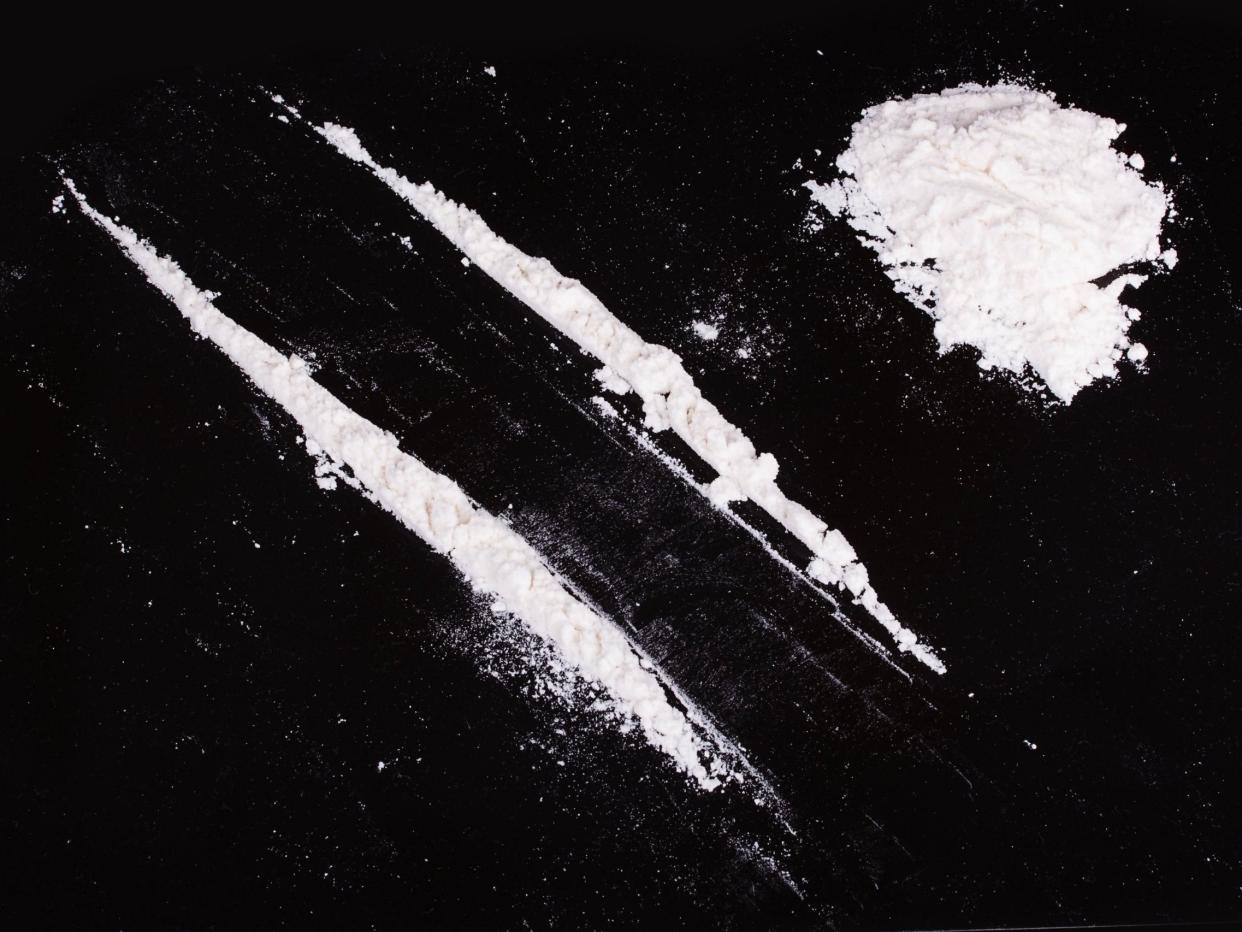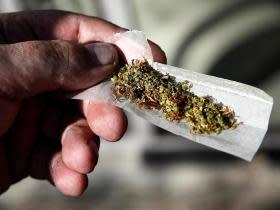As our cocaine use rises again, hypocritical politicians are wasting a £10bn warchest

One in three people now confess to using a drug, so if evidence were needed that our drug laws are redundant the sheer number of people breaking the law is a significant indicator. Of course, we know they are in good company, following a spate of recent high profile political confessions.
The latest Home Office survey of drug use also reveals that 3.2 million people reported using a drug in the last year, reflecting a rising trend over the last four years.
It’s no surprise that cannabis continues to be our most popular illicit drug, perhaps influenced by the increasing attention given to the potential benefits that cannabis-based products can offer. Although many of these products differ from “street” cannabis, the drug does enjoy an image as being relatively harmless.
One drug that doesn’t conjure up the same benign impressions is cocaine, and yet, despite the risks associated with increasing purity, its popularity is increasing.
Among young people aged between 16-24 the only drugs more popular are cannabis and nitrous oxide, better known as laughing gas. Of the three drugs it is the rise in cocaine use that we should be most concerned about as it has proved to be more fatal than the other two combined.
This gets to the nub of the drug policy debate. What should our drug laws aim to do? The current approach aims to minimise drug use, and that has proved to be a spectacular failure by any measure.
The mantra of the Home Office is to simultaneously reduce the supply and demand for drugs. Trends for both show this isn’t working. Today’s own Home Office survey shows rising demand and a greater proportion of people saying they can access drugs within 24 hours.
Such ease of access to a product remains an ambition for many retailers but is proving all too easy for those supplying illicit drugs. It shouldn’t surprise anyone that drug dealers have proved adept at responding to demand – they have embraced social media platforms to provide improved access to their products.
Read more
Girl Scout killed after being 'caught in quarrel between drug dealers'
Councils 'acting as recruiters' for drug gangs by re-homing children
One in four adults prescribed potentially addictive drugs last year
Our current drug laws were formulated at the time decimalisation was introduced in the 1970s. It’s no wonder an increasing number of us don’t see the law as relevant. But the law should be relevant as it has the potential to do good.
Perhaps the starkest indicator of failure in our current approach to drug policy is the record numbers dying as a result of drug use.
The philosophy of viewing drugs as a criminal matter rather than a health one is old fashioned and costly. Even if the record numbers of deaths isn’t persuasive the financial waste of tax-payers money might sway you, with an estimated £10bn spent annually on propping up the current outdated policy through policing, crime and healthcare.
Read more
Labour to ‘consider legalising all drugs’ including cocaine and heroin
Surely we can produce a better outcome with such a large proportion of tax-payers money?
So this is an area where our policy makers could make a real impact and reduce mortality. But our politicians seem to be paralysed, stuck in a hypocritical approach to drug use where they confess to using drugs but refuse to protect the people they serve by providing an evidenced based approach to drug policy. Perhaps we get the politicians we deserve.

 Yahoo News
Yahoo News 

